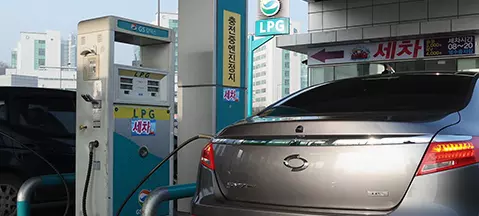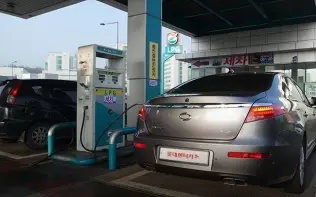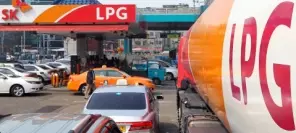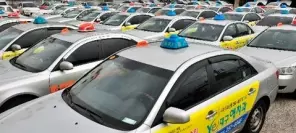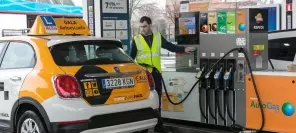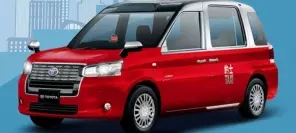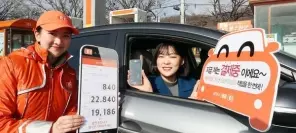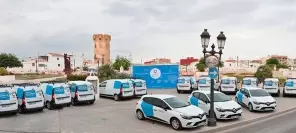- Main page
- Search
- Up to date
- Products
- Technology
- Vehicles
- Video
- Conversion Payback Simulator
Port Injection - Conversion Payback Simulator
Direct Injection - Conversion Payback Simulator
Diesel - Newsletter
Will Koreans be able to buy private LPG cars?
 loading results...
loading results...At the end of 2016, there were 2 185 114 cars running on autogas registered in South Korea, i.e. 10% of all vehicles in that Asian country. And yet, the public remains prohibited from purchasing such cars, with only selected groups privileged to buy them. So while the number of registered vehicles remains high, it's thanks to the 1999-2002 LPG boom, when it doubled from the previous figure of approximately a million. Also, the figure has been dropping systematically, e.g. in 2015 there were even 90 thousand LPG-powered cars more than in 2016.
As the LPG industry argues, there is no reason to regulate the market anymore. Besides, allowing individual motorists to use autogas instead of conventional fuels would allow Korea to become more independent from imported crude oil. Very little LPG is produced from it, while the country has ample shale gas reserves, which means it can produce lots of domestic autogas. Bulk storage of LPG is also not a problem.
Loosening the tight regulations is more than hope, though. Korea has a serious problem with exhaust gas emissions, especially with particulate matter. Autogas could help alleviate the issue and there seems to be political will to address it – presidential candidates have promised to change the law in favour of LPG and the ministries for environment, transport and finance have joined forces to revise and amend the existing rules regarding autogas consumption and availability. Some results are expected as early as in late June, 2017. Watch this space for updates as they arrive.
